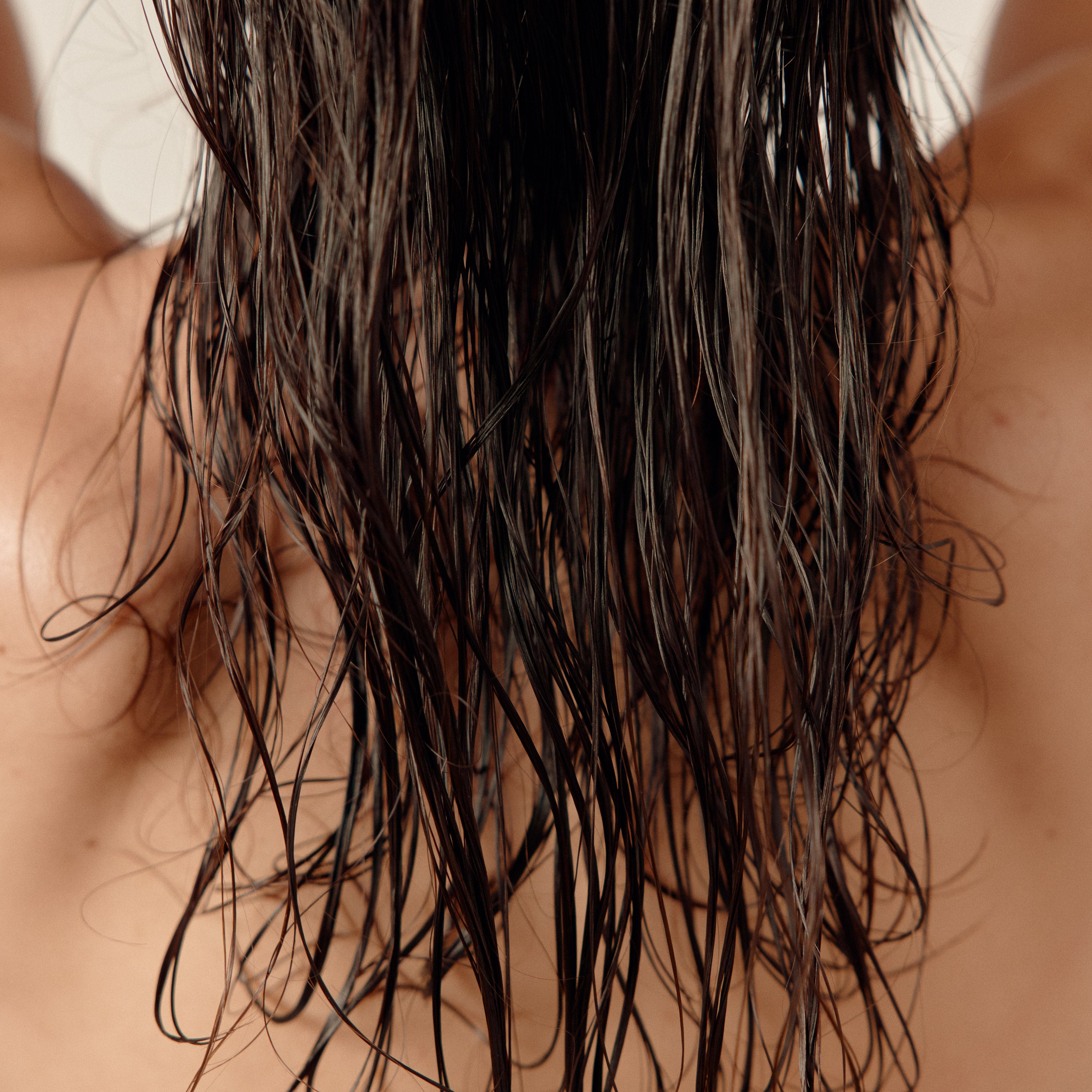
Female hair loss
Hair loss related
to Postpartum
Postpartum hair loss is a natural stage that many women experience after giving birth.
This phenomenon, called postpartum telogen effluvium, is caused by hormonal changes the body undergoes after childbirth.
[ 1 ]
Understanding the mechanisms
During pregnancy, levels of estrogen , a female hormone, increase sharply.
This increase prolongs the hair growth phase ( anagen phase ), making it denser, shinier and thicker.
Estrogen stimulates hair follicles, promotes growth and limits the effect of androgenic hormones such as DHT , which are responsible for hair miniaturization.
This increase in estrogen is linked to preparing the body for gestation and protecting the fetus , which has a positive impact on overall health, including hair health.
However, about three months after delivery , the sudden drop in estrogen causes hair follicles to return to the resting ( telogen ) phase, resulting in significant but temporary hair loss, called postpartum telogen effluvium.
[ 2 ]
The numbers
of women experience noticeable hair loss after childbirth
months, this is on average the time after childbirth and between the appearance of hair loss
Source:
DermoMedicalCenter. (2023, October 4). Hair Loss After Pregnancy: Is It Normal? https://dermomedicalcenter.com/blog/hair-loss-pregnancy/
[ 3 ]
Recognize the signs
Type of hair loss: diffuse and significant hair loss across the entire scalp, without specific bald areas. Hair falls out in large quantities (in the shower or when brushing), making the hair visibly less dense.
Causes: sudden drop in estrogen levels after childbirth, which causes hair follicles to quickly switch from the growing phase (anagen) to the resting phase (telogen), causing significant hair loss.
Common Triggers: late pregnancy and childbirth are the main triggers, as they cause this sudden drop in estrogen. Maternity-related stress, fatigue, and nutritional deficiencies can also worsen the situation.
[ 4 ]
TAKE BACK CONTROL
This is a natural process, so there's no need to worry. This postpartum hair loss is reversible: only the hair falls out, while the bulbs remain active and capable of producing new hair.
If you are breastfeeding your newborn, it is advisable to wait until the end of breastfeeding before starting any anti-hair loss treatment. Once breastfeeding is finished, appropriate care is recommended, because without this, and with the stress of motherhood, hair loss can continue for several months.
Our Thickening Shampoo No.1 and Scalp Massage Brush are formulated for frequent use, for pregnant and breastfeeding women.
YOUR ADAPTED ROUTINE
[ 5 ]
A WORD FROM THE FOUNDERS

Marie & Julie
Founders of HACT
In summary
Link between postpartum and hair loss
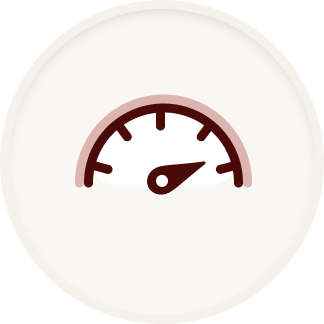
Pregnancy - Hormonal Boost
Estrogen Rise: Pregnancy hormones keep hair in a prolonged growth phase, increasing hair density
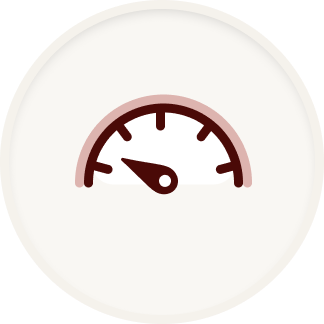
Childbirth - Sudden hormonal drop
Rapid drop in estrogen in 24-48 hours: The expulsion of the placenta causes a massive hormonal collapse
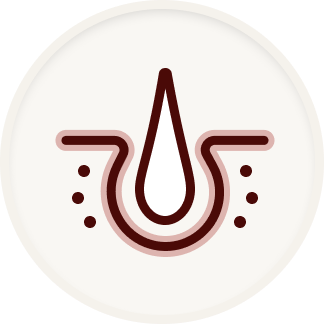
Follicular synchronization
80% of follicles simultaneously enter the resting phase (stopping keratin production)
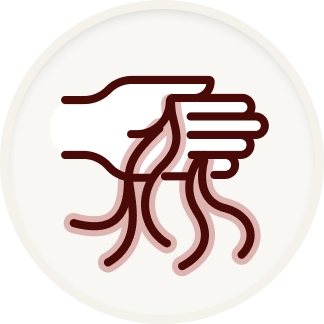
Hair loss
Postpartum telogen effluvium 2 to 4 months after delivery, massive loss of 300-500 hairs/day with spontaneous recovery in 6 to 12 months







